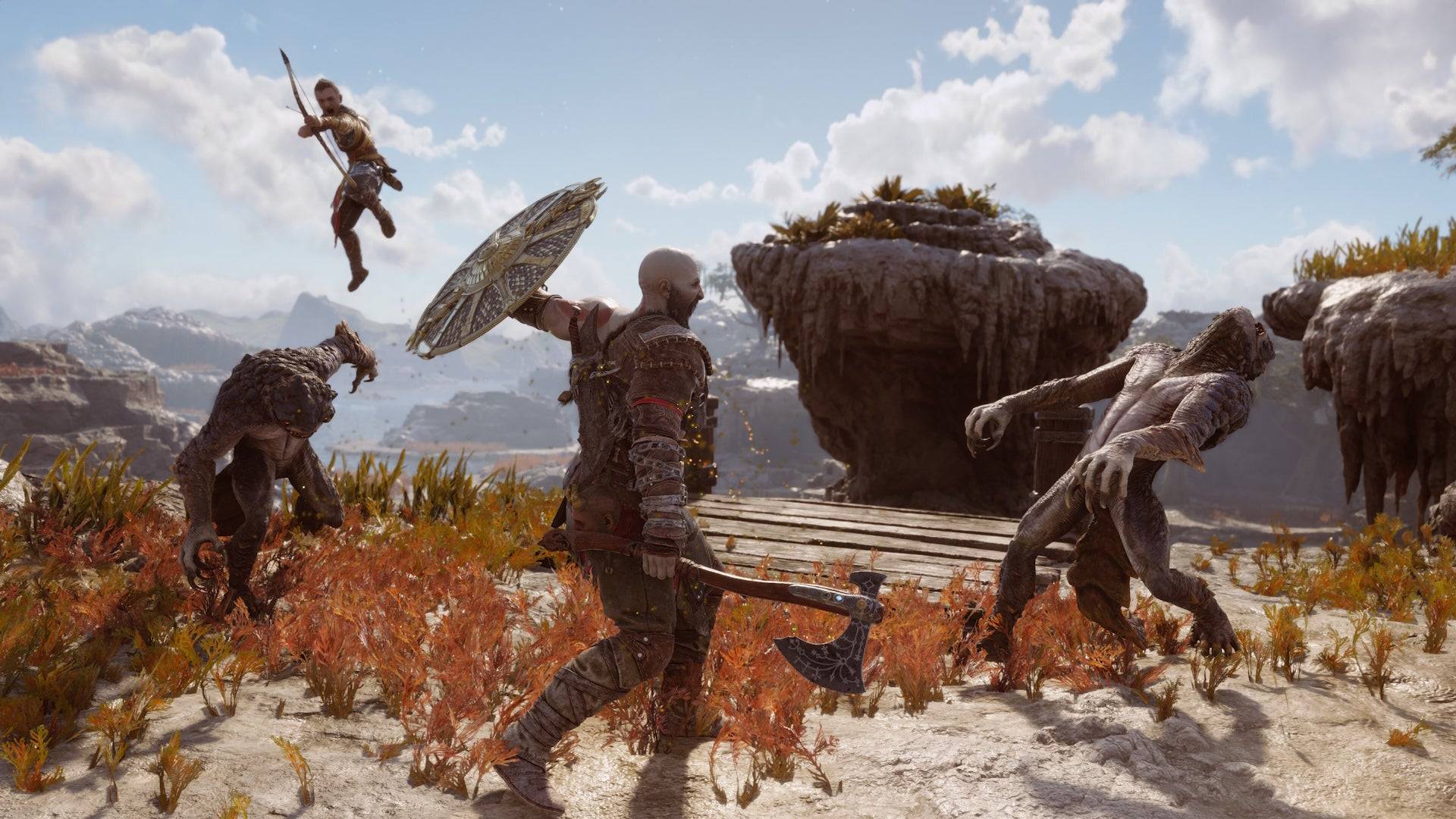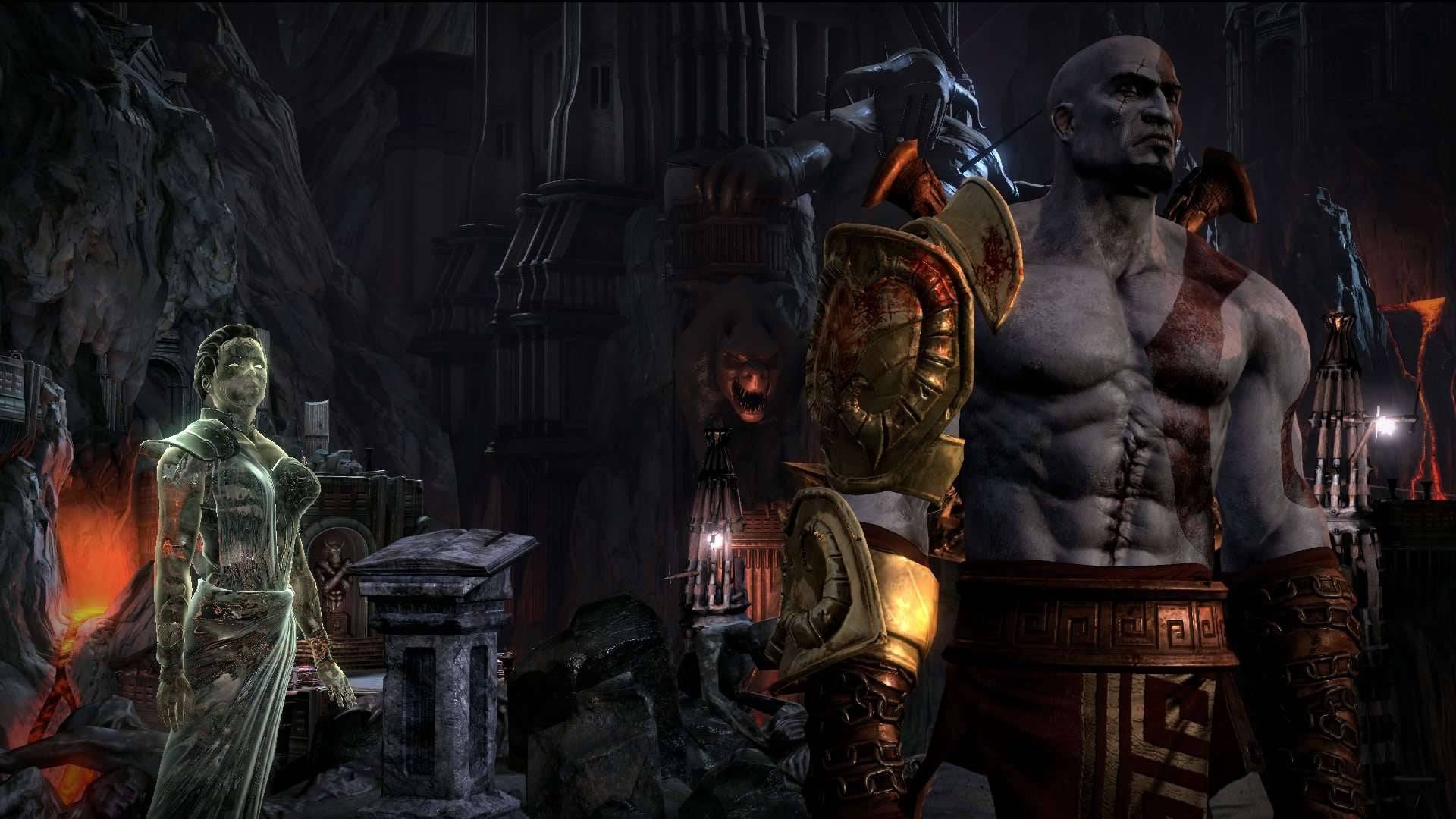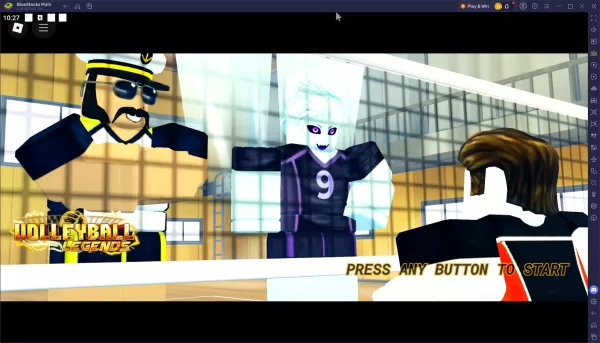The God of War series has been a cornerstone of PlayStation gaming across four generations, captivating players since Kratos embarked on his vengeance-driven journey in 2005. Few could have predicted the evolution of this franchise over two decades. While many long-running series struggle to remain relevant, God of War's success lies in its adaptability and willingness to evolve. The most transformative shift came with the 2018 reboot, which relocated Kratos from the familiar landscapes of Ancient Greece to the rich tapestry of Norse mythology. This change not only altered the game's setting but also its gameplay and narrative style. Yet, even before this acclaimed reboot, Sony Santa Monica introduced smaller, yet significant, modifications that kept the series vibrant and engaging.
Looking ahead, reinvention will remain crucial for God of War's continued success. The shift to Norse mythology opened discussions about future settings, with director Cory Barlog expressing interest in exploring Egyptian and Mayan mythologies. Recent rumors have reignited speculation about an Egyptian setting, fueled by the allure of its unique culture and mythology. However, a new setting is just the beginning. Future iterations must build upon the successful elements of the Greek trilogy, much like the Norse games did, to ensure continued relevance and acclaim.
 God of War's combat evolved significantly in the Norse games, yet retained the intense spirit of the original Greek trilogy. | Image credit: Sony
God of War's combat evolved significantly in the Norse games, yet retained the intense spirit of the original Greek trilogy. | Image credit: Sony
The series has consistently embraced change with each new installment. The Greek games, spanning a decade, refined their hack-and-slash mechanics, culminating in the polished gameplay of God of War 3. The PlayStation 3's enhanced capabilities allowed for improved visuals and dynamic camera angles, enhancing the gaming experience.
The 2018 reboot, however, marked a departure from some traditional elements. The Greek trilogy's platforming and puzzle-solving were integral to Kratos' journey, but these were largely omitted in the Norse games due to the shift to a third-person, over-the-shoulder perspective. While puzzles persisted, they were adapted to fit the new adventure-focused design.
The roguelike DLC, Valhalla, for God of War Ragnarök, brought back the battle arenas from the Greek games, reimagined for the Norse setting. This not only reintroduced a beloved feature but also mirrored the narrative journey, as Kratos confronted his past in the Greek-themed Valhalla. This return to roots, both mechanically and narratively, completed a full circle in Kratos' saga.
The Norse games introduced new mechanics, such as the Leviathan Axe's throwing mechanics, a combat-defining parry system with various shields, and the magical spear in Ragnarök, which added speed and explosive power to the combat. These elements allowed players to explore the Nine Realms, each with unique enemies and environments.
 While the original trilogy had strong writing, the Norse duology elevated God of War's narrative to new heights. | Image credit: Sony
While the original trilogy had strong writing, the Norse duology elevated God of War's narrative to new heights. | Image credit: Sony
The most significant evolution, however, is in storytelling. The Norse games delve deeply into Kratos' emotional journey, exploring his grief over his late wife and his complex relationship with his son, Atreus. This shift from the more straightforward narrative of the Greek trilogy to a more nuanced and emotional story has been a key factor in the Norse era's critical and commercial triumph.
God of War's evolution reflects a unique approach to franchise development. The creators view the Norse games not as traditional sequels but as extensions of Kratos' journey. This mindset should continue to guide future installments.
The success of the Norse games, despite their radical changes, is a testament to maintaining the series' core elements. While combat remains central, the Norse games built upon the Greek trilogy's foundation, introducing new combat options, weapons, and even allowing players to control other characters. These enhancements deepened the series' lore and identity, a strategy that must be continued in future games, whether set in Egypt or beyond.
As the series moves forward, the next God of War must focus on its narrative strength, which has been pivotal to the success of the Norse duology. Kratos' transformation from a rage-fueled warrior to a complex father and leader showcases the importance of storytelling. The next installment must build on this while introducing bold, innovative changes that will define the next era of God of War.









